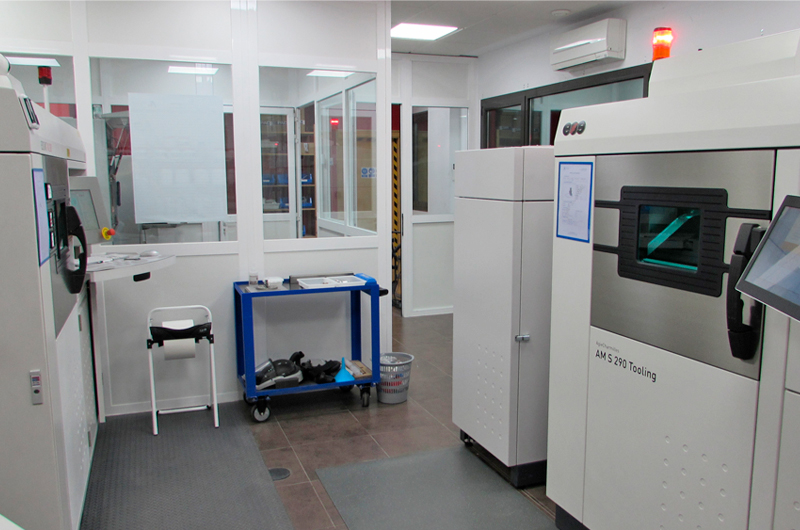
Precision engineering
Precision engineering Precision engineering is the use of advanced technology and techniques to create components that meet exacting standards and specifications. It is used in a wide range of industries to ensure precision and accuracy in the production process.
Precision engineering. Is the practice of creating and maintaining products and systems that have high tolerance levels and extremely precise measurements. This type of engineering requires a high level of skill and expertise, and is used in various industries, such as aerospace, automotive, medical, and more. Involves the use of specialized tools and machinery, such as CNC machines, 3D printers, and laser cutters, to create parts and components with very precise tolerances. It also involves the use of advanced software and computer-aided design (CAD) to ensure that the parts and components meet the specified requirements. In addition, also involves the use of advanced materials and processes, such as rapid prototyping, to reduce the amount of time and resources required to create a product. This type of engineering is often used to create products that are extremely complex, such as aerospace components, medical devices, and automotive parts. By utilizing precision engineering, manufacturers are able to create high-quality products that meet the specified requirements and provide superior performance.




